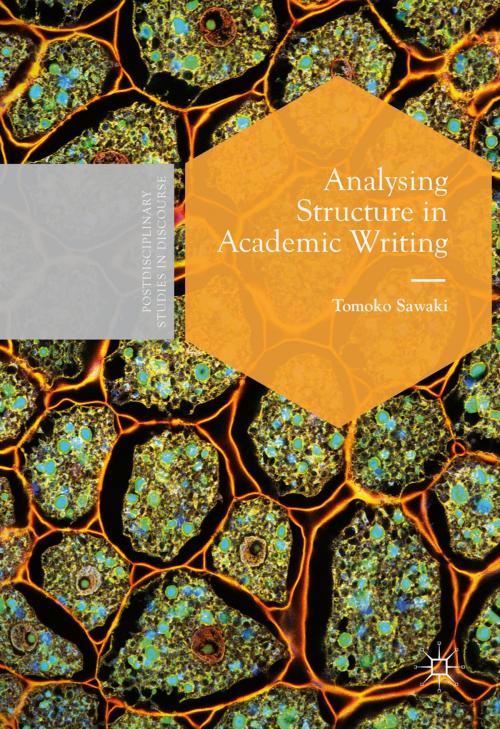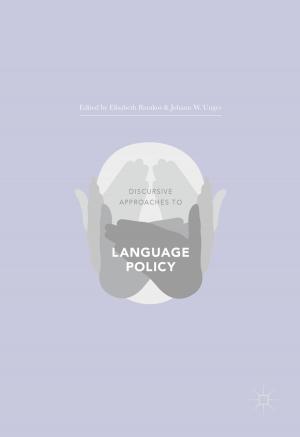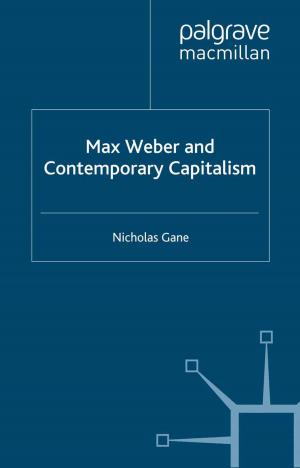Analysing Structure in Academic Writing
Nonfiction, Reference & Language, Language Arts, Linguistics, Social & Cultural Studies, Social Science, Sociology| Author: | Tomoko Sawaki | ISBN: | 9781137542397 |
| Publisher: | Palgrave Macmillan UK | Publication: | September 14, 2016 |
| Imprint: | Palgrave Macmillan | Language: | English |
| Author: | Tomoko Sawaki |
| ISBN: | 9781137542397 |
| Publisher: | Palgrave Macmillan UK |
| Publication: | September 14, 2016 |
| Imprint: | Palgrave Macmillan |
| Language: | English |
This book breaks through formalistic traditions to propose a new generic structure analytical framework for academic writing. The integrated approach, taking lessons from cognitive linguistics and structuralism, offers a foundation for establishing research and pedagogy that can promote diversity and inclusion in academia. The simplicity of the flexible structure analytical model proposed by Sawaki enables the user to analyse diverse instances of genre. Further innovation is made in the analysis of generic structure components by integrating George Lakoff and Mark Johnson’s metaphor analysis method, so that the model can account for cultural and ideological patterns that structure our abstract thinking. Using these integrations, the author has established a structure analytical model that can take into account linguistic, cognitive, and pragmatic aspects of genre. Researchers in the fields of linguistics, discourse studies, cultural studies, education, and English for Academic Purposes will be able to use this model to identify whether an atypical instance in academic texts is a result of the writer’s individual failure or a failure to understand diversity in academic writing.
This book breaks through formalistic traditions to propose a new generic structure analytical framework for academic writing. The integrated approach, taking lessons from cognitive linguistics and structuralism, offers a foundation for establishing research and pedagogy that can promote diversity and inclusion in academia. The simplicity of the flexible structure analytical model proposed by Sawaki enables the user to analyse diverse instances of genre. Further innovation is made in the analysis of generic structure components by integrating George Lakoff and Mark Johnson’s metaphor analysis method, so that the model can account for cultural and ideological patterns that structure our abstract thinking. Using these integrations, the author has established a structure analytical model that can take into account linguistic, cognitive, and pragmatic aspects of genre. Researchers in the fields of linguistics, discourse studies, cultural studies, education, and English for Academic Purposes will be able to use this model to identify whether an atypical instance in academic texts is a result of the writer’s individual failure or a failure to understand diversity in academic writing.















